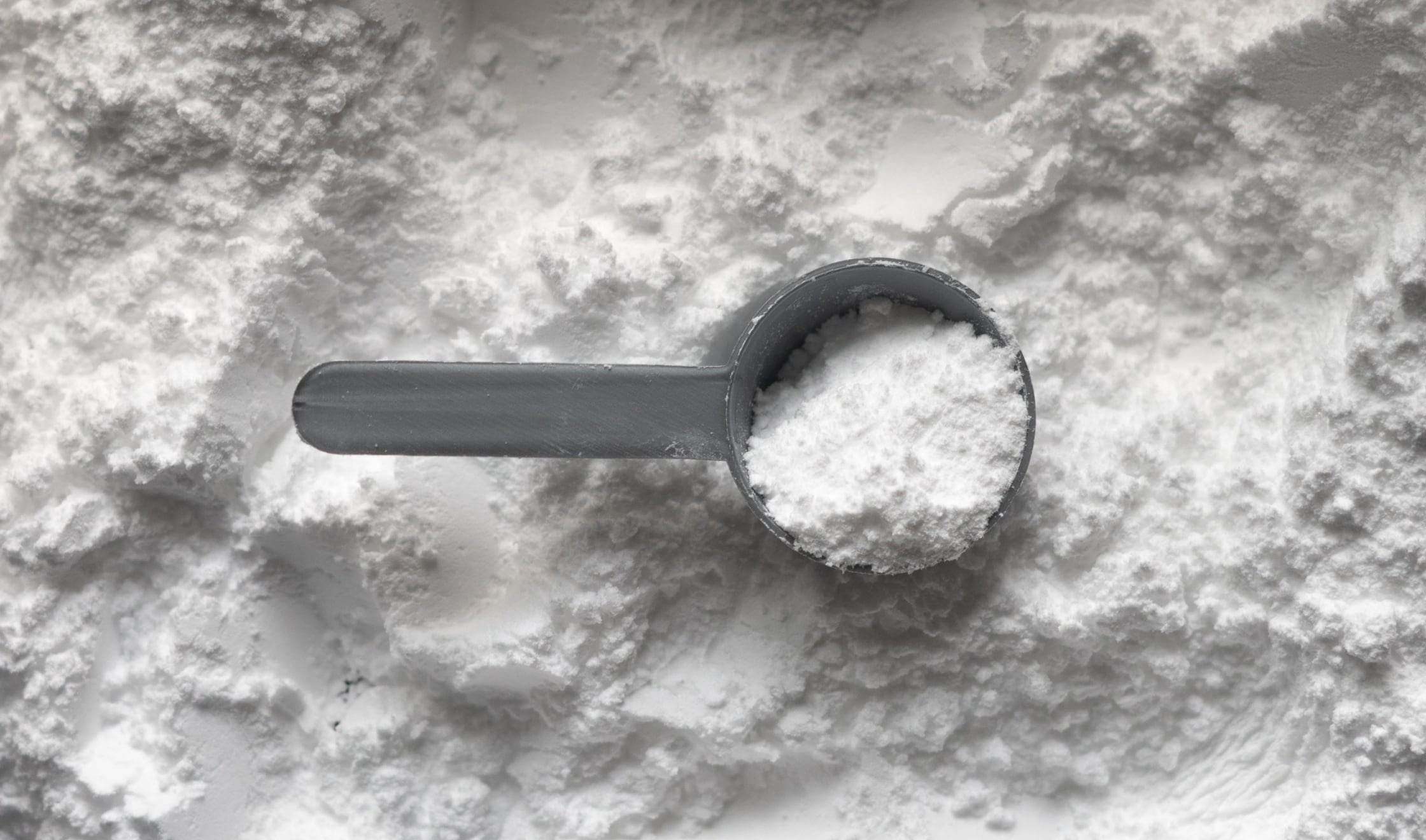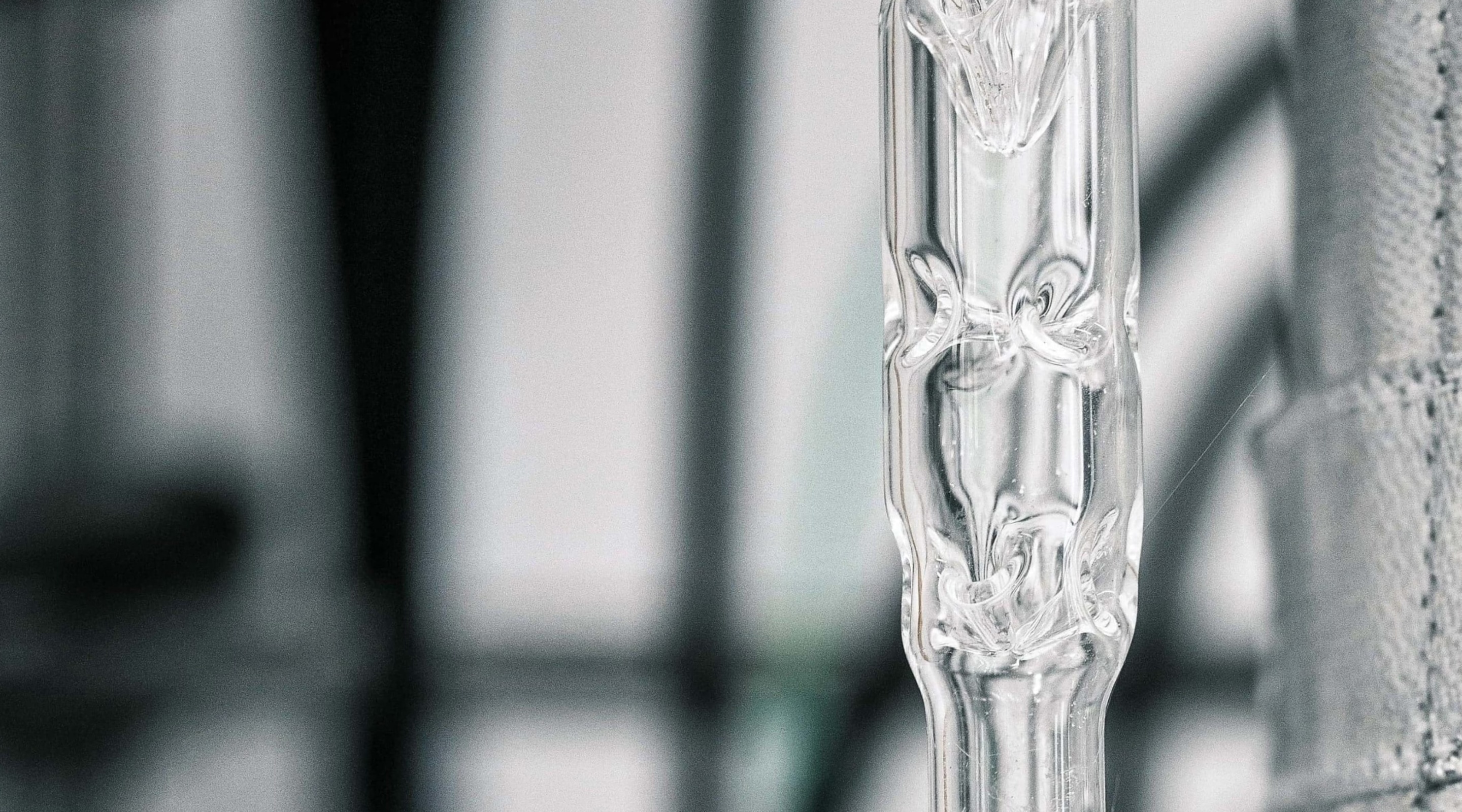Grinding
Grinding
Our know-how to support the development of your grinding processes.

Discover
In brief
Whether to increase reactivity, formulate or pack the finished product, mechanical fragmentation processes are often used in industry.
Grinding can involve various mechanisms, such as compression (crushing), impact (percussion), cutting (shearing) and attrition (friction), which impact the properties of the solid. Depending on the desired application and based on the product’s constraints (maximum temperature, maximum shear, HSE requirements, etc.), the technology must be chosen with care.
Services
Processium has the tools and know-how to develop grinding processes. From the characterization of solids and choice of technology to experimental validation, Processium has honed a robust methodology to engineer processes involving fragmentation.
- Characterization of solids to determine particle size, shape and distribution (sieve, particle size analyzer, microscope);
- Choice of grinding technology;
- Experimental validation at laboratory or pilot scale (at a supplier’s premises or using rented equipment);
- Sizing and support in finding an equipment supplier.
Whether for liquid or solid grinding, from crushing to lysis, we provide you impartial support in helping you choose the right technology, starting with the development of precise specifications all the way up to experimental validation.
Our experimental tools
Processium owns and, via partners, has access to various laboratory resources to develop grinding processes:
- Particle size analyzer (Malvern Mastersize 3000);
- Molecular sieve;
- Scanning Electron Microscope (SEM);
- Ball, pin and hammer grinders;
- Cryo grinders.

